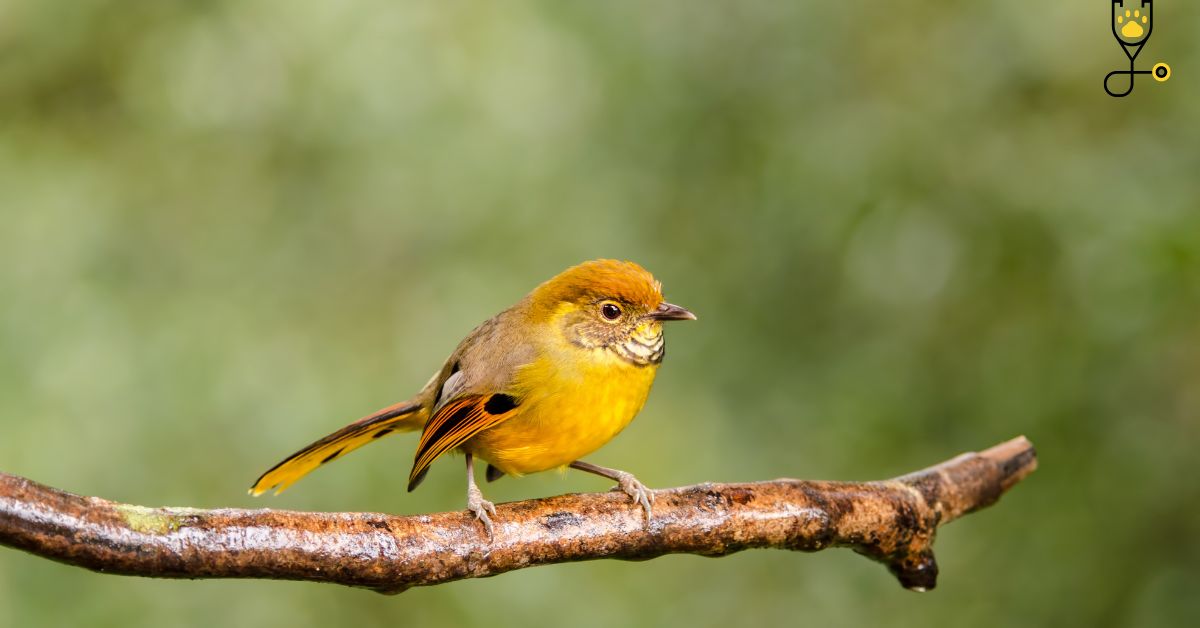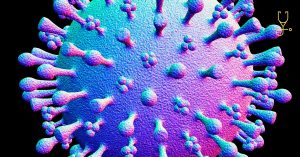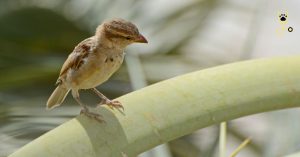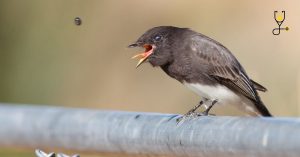Are you a bird owner? Then you know that birds need special care and attention. And one of the most important facts for any responsible bird parent to remember is that regular vet visits are essential for your feathered friend’s health! Yearly checkups with an avian veterinarian provide an opportunity to evaluate your pet’s physical condition, assess the health status in between annual wellness exams, screen for common illnesses, monitor changing behavior patterns, and discuss potential dietary changes. Taking your beloved companion to the vet each year can extend its lifespan, improve quality of life and ensure a happier relationship between you both. So don’t delay- make sure you bring your avian companion in for its annual exam as soon as possible!
Reasons why vet visits are important
following are important reasons why your feathered friend should have an annual vet visit.
1. Early Diagnosis and Prevention of Diseases:
A vet visit is an invaluable opportunity to have your bird examined, screened for common illnesses, and receive an early diagnosis or preventive treatments if necessary.
2. Developing a Relationship with Your Bird’s Veterinarian:
Establishing a relationship with a veterinarian who understands your bird’s health and history can help build a bond of trust between you and your pet.
3. Evaluating Your Bird’s Physical Condition:
During each vet visit, the veterinarian will thoroughly examine your bird to check for physical abnormalities or signs of illness. This includes checking its eyes, mouth, feathers, wings, tail and any other changes in appearance that may have occurred since the last visit.
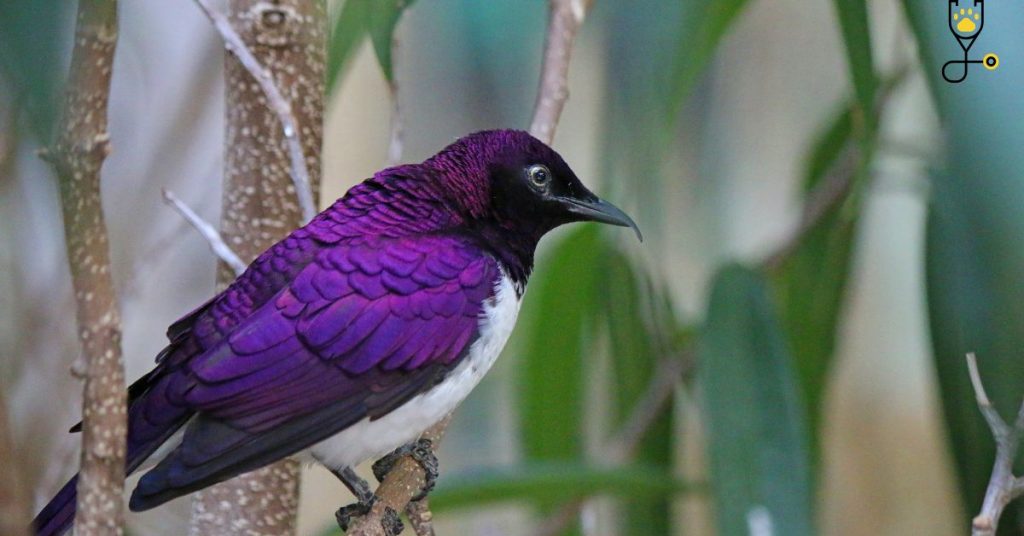
4. Assessing Overall Health Status
An annual exam is also used to gauge the overall health status of your bird by assessing its weight, hydration level, eating habits and behavior patterns.
Learn More: All Bird Health Issues You Should Know About
5. Nutrition Planning
The vet will discuss potential dietary changes based on what they observe during their examination and make appropriate recommendations.
6. Vaccine Updates
Most birds will require periodic vaccinations, so the vet can advise you on whether your pet is up-to-date with its shots.
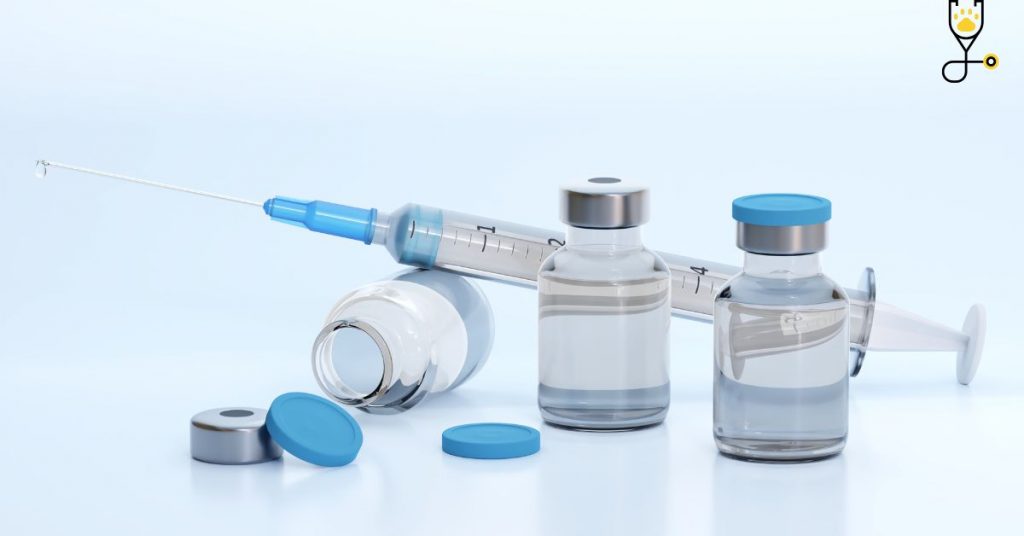
7. Parasite Control
Avian veterinarians will also be able to provide advice on controlling parasites like mites, fleas and lice that may have affected your bird’s health.
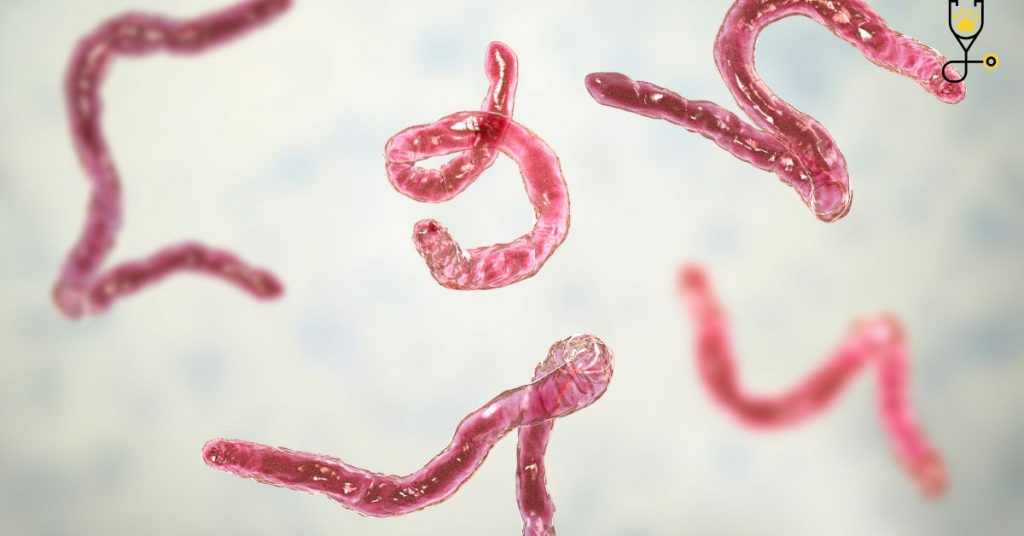
8. Respiratory Issues/Infections
An annual vet visit is a great opportunity for the veterinarian to check for any respiratory infections or issues such as difficulty breathing and sneezing which could lead to other complications if left untreated.
9. Advice on Safety Precautions
The vet can share important safety precautions such as preventing accidental ingestion of poisonous plants or other hazardous materials.
10. Treatment for Behavioral Problems
If your bird is exhibiting any abnormal behavior, a vet visit can be used to diagnose any underlying issues and provide treatment accordingly.
11. Grooming Tips
The vet may also provide advice on how to groom your bird properly in order to keep its feathers clean and healthy.
12. Advice on Housing/Cage Environment
During the exam, the vet may discuss changes that need to be made with regards to housing or cage environment in order to ensure a safe, comfortable living space for your pet.
13. Beak Care Tips
Your avian veterinarian can demonstrate proper beak care techniques and provide recommendations on how to keep it in good condition.
14. Exotic Pet Care
Avian veterinarians are better equipped to handle the specialized care needs of exotic pets like birds, so you can rest assured that your pet is in capable hands.
15. Longer Life and Happier Relationship
Regular vet visits ensure that your bird remains healthy and happy, which can help extend its lifespan while also improving the relationship between you both. In addition, regular checkups allow you to address any potential health problems early on before they become more serious. So don’t delay- make sure you bring your avian companion in for its annual exam as soon as possible!
Right Time to Visit
The Avian Vet: While vet visits should be scheduled at least once a year, it’s also important to see the vet right away if your bird seems sick or is displaying any symptoms of illness. If you wait too long, the condition could worsen and become more difficult to treat. Therefore, contact an avian veterinarian as soon as possible if you notice any changes in behavior or physical appearance that could indicate something is wrong.
Also Learn: How to choose a Qualified Avian Vet
Conclusion
Regular visits to the avian veterinarian are essential for maintaining the health and well-being of your bird. During each vet visit, the veterinarian will check for physical abnormalities and signs of illness, assess overall health status, discuss potential dietary changes and provide advice on safety precautions. In addition, they can help with grooming tips as well as treatment for any behavioral problems that may have developed over time. With regular vet visits, you can ensure your pet remains healthy while also improving the bond between you both. So don’t wait- set up an appointment today!
FAQs
Q: When Should I Take My Bird to the Vet?
A: You should take your bird to the vet at least once a year for an annual checkup. However, if you notice any changes in behavior or physical appearance that could indicate something is wrong, it’s best to contact an avian veterinarian as soon as possible.
Q: What Will the Vet Do During a Visit?
A: During each visit, the veterinarian will assess overall health status, check for physical abnormalities and signs of illness, discuss potential dietary changes and provide advice on safety precautions. They can also help with grooming tips and treatment for any behavioral problems that may have developed over time.
Q: Is Avian Veterinary Care Expensive?
A: Avian veterinary care can be expensive, but it’s worth the cost to keep your pet happy and healthy. Regular checkups help identify any potential health problems early on before they become more serious, which can ultimately save you money in the long run. Also, most vets offer payment plans that can make veterinary care more affordable for those on a budget.
Q: What Should I Bring to the Vet?
A: When you take your bird to the vet, it’s helpful to bring a current photo of them, as well as any records you have from past checkups or treatments. You should also bring a sample of their droppings if possible- this will give the vet valuable insight on the bird’s health status. In addition, make sure you bring any toys or accessories that are used for your pet’s comfort and enjoyment. This will provide the veterinarian with important information about your bird’s lifestyle and help them better assess overall well-being. Finally, don’t forget to bring along a carrier so you can transport your pet safely and securely!
Q: What Should I Expect During the Visit?
A: During the visit, your vet will likely perform a physical examination and take a few blood samples to check for any potential issues. They may also discuss dietary changes and recommend supplements to help with any nutritional deficiencies. In addition, they can provide tips on grooming, cage maintenance, and safety precautions. Finally, they can offer advice on how to address any behavioral problems that may have developed over time. After the appointment is complete, make sure you ask your veterinarian about what treatments or medications may be necessary for your pet’s condition. This will help ensure the best possible outcome for your bird’s health!

